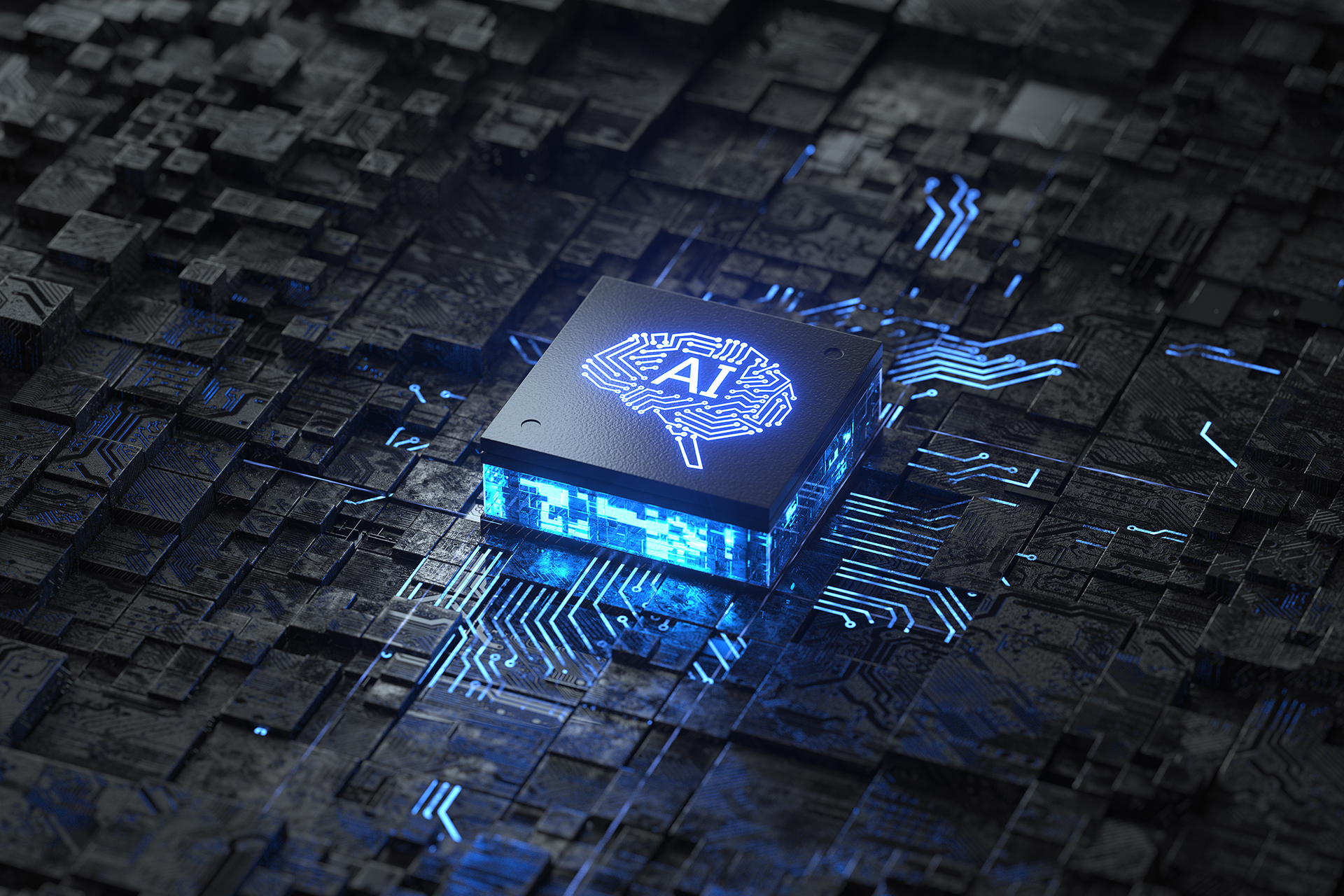These digital technologies are of particular benefit when a lot of data has to be examined and evaluated manually. For example, in the course of vehicle homologation, where hundreds of files are generated every day. Employees sift through each of these files individually in order to decide whether the information is relevant for homologation or not. If the information is relevant, the adaptations have to be entered manually in various lists.
Digitisation, artificial intelligence, automation: technological progress in these areas continues to drive the industry forward and offers new possibilities while accelerating work steps and workflows.
Natural Language Processing
As part of his thesis at PSW, Muhammad Muzammil Mukhtar, a master's student at the TH Ingolstadt University of Applied Sciences, developed an algorithm using Natural Language Processing (NLP) methods that facilitates the analysis of these files. But first of all: what is NLP? It comprises methods for machine processing and speech recognition. By combining algorithms and results from linguistics with artificial intelligence, specific information in text form can be analysed.
However, the algorithm must first “learn” which information it should recognise and which decisions it should make. Over the course of several weeks, Muhammad trained the algorithm with various techniques on the basis of available data. The result is that the evaluation of the files can now be done automatically rather than manually. The algorithm has a very good hit rate: it is able to decide whether information is relevant for homologation or not in 84% of the files. If the algorithm is trained with additional data, a 100% success rate is theoretically possible.
The methodology is an impressive example of how AI can be deployed in vehicle development and offers great potential for future applications.


